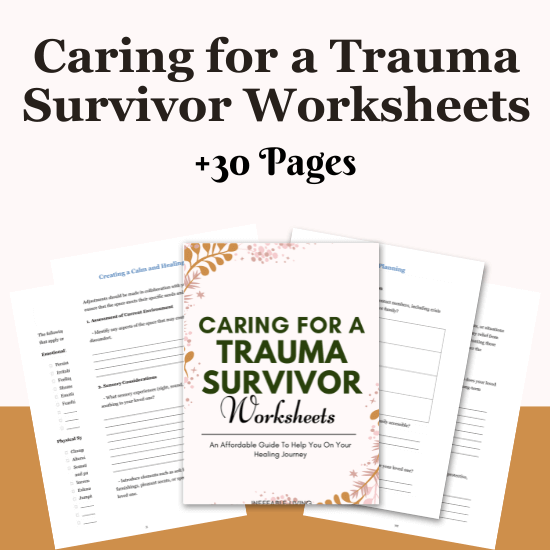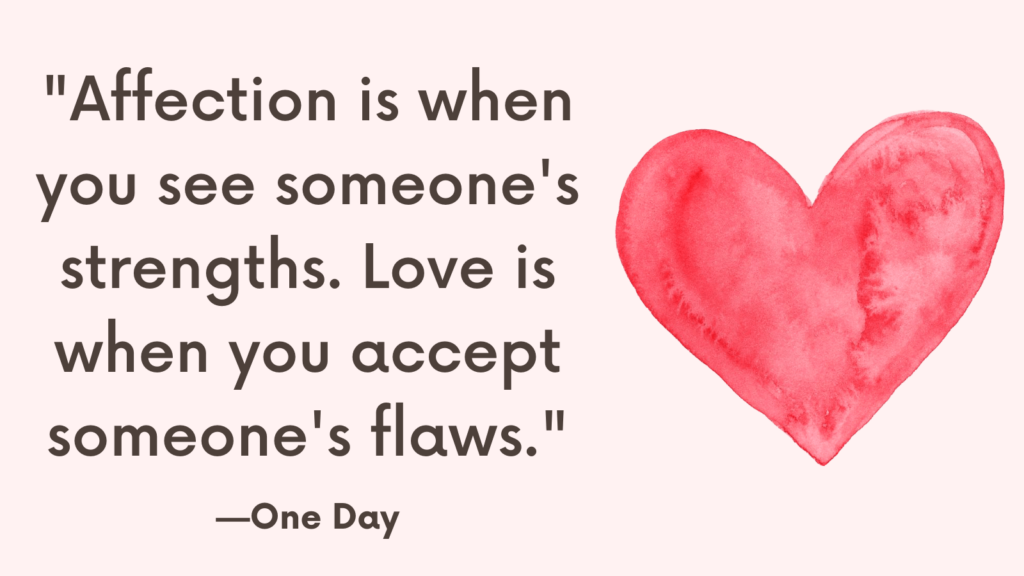This post contains top tips on dating someone who was abused by a narcissist.
Effects of Narcissistic Abuse
Narcissistic abuse is characterized by a cycle of devaluation and idealization, manipulation, gaslighting, and emotional neglect.
The effects on victims can be severe, impacting their mental health, self-esteem, and ability to form healthy relationships. Here’s a list of the key effects of narcissistic abuse:
– Low Self-Esteem: Constant criticism, belittling, and comparisons can lead to diminished self-worth and persistent self-doubt.
– Anxiety and Depression: Victims may experience chronic anxiety, depression, or both as a result of the ongoing stress and emotional turmoil caused by the abuse.
– Complex PTSD (C-PTSD): Continuous exposure to traumatic situations, such as those experienced in relationships with narcissists, can result in symptoms of complex PTSD, including flashbacks, severe anxiety, and emotional numbness.
– Isolation: Narcissistic abusers often attempt to isolate their victims from friends, family, and other support networks to increase their control and influence.
– Self-Doubt and Confusion: Gaslighting and manipulation can lead victims to question their memory, perception, and sanity.
– Internalized Criticism: Victims may internalize the narcissist’s critical voice, leading to a harsh inner critic that undermines their confidence and decision-making abilities.
– Guilt and Shame: Victims often carry guilt and shame, wrongly believing they are at fault for the abuse or that they could have done something to change the abuser.
Related: Top 10 Signs You’re Healing From Narcissistic Abuse
Love After Narcissistic Abuse Isn’t Simple
When you’re dating someone who was abused by a narcissist, you’re not just stepping into a new relationship — you’re entering a space where trust has been shattered, self-worth has been questioned, and love was once used as a weapon. It’s a delicate, powerful opportunity to show that love can be safe again, but it requires deep patience, awareness, and care.
Top 10 Tips on Dating Someone Who Was Abused By a Narcissist
The aftermath of narcissistic abuse can leave individuals struggling with trust issues, low self-esteem, and emotional baggage that can affect their ability to form healthy relationships.
Here are comprehensive tips to help you navigate the complexities of dating someone who has survived narcissistic abuse.
1. Educate Yourself
Learn about narcissistic abuse and its effects on victims.
Understanding the dynamics of such abuse can help you recognize the challenges your partner faces and why they may react in certain ways.
2. Recognize the Healing Process
Acknowledge that healing from narcissistic abuse is a journey.
Your partner may have good days and bad days, and progress may not always be linear.
3. Offer Unconditional Support
Show your partner that you are there for them without judgment.
Your consistent and reliable presence can help build a foundation of trust.
Encourage open communication, allowing your partner to express their feelings and fears without fear of criticism or dismissal.
Trust can be particularly hard to rebuild after narcissistic abuse. Be patient with your partner as they learn to trust again.
4. Respect Boundaries
Understand and respect your partner’s boundaries.
Narcissistic abuse often involves boundary violations, so respecting your partner’s limits is crucial for their healing.
Related: Dating A Highly Sensitive Woman [Ultimate Guide]
5. Encourage Independence
Support your partner’s efforts to rebuild their independence and self-confidence, which were likely undermined by their abuser.
6. Promote Self-Care
Encourage your partner to engage in self-care practices that promote well-being and self-esteem.
7. Avoid Rescuer Syndrome
While supporting your partner is important, avoid the urge to “rescue” them.
Healing is their journey; your role is to support, not to fix.
8. Learn About Triggers
Work with your partner to understand what triggers them and why.
This knowledge can help you avoid or navigate triggering situations more effectively.
If your partner experiences a strong emotional reaction or a flashback, respond with empathy and understanding.
Consistency and predictability in your actions and behaviors can help your partner feel safer and more secure in the relationship.
Related: Dating A Divorced Man? The Ultimate Guide to Deal With Challenges of Dating a Divorced Man
9. Understand Attachment Issues
Be aware that your partner may have developed insecure attachment styles as a result of their abuse.
This understanding can guide you in responding to their needs more effectively.
Be mindful of your actions and words to ensure you do not unintentionally replicate dynamics that may remind your partner of their abusive past.
10. Maintain Realistic Expectations
Understand that while your support can make a significant difference, the healing journey is complex and multifaceted.
Related: Top 100 Funny Dating Questions

Conclusion
Dating someone who has been through narcissistic abuse requires sensitivity, patience, and a deep commitment to understanding the unique challenges they face.
By providing a supportive, respectful, and loving environment, you can help your partner navigate their healing journey while building a healthy and fulfilling relationship together.
Remember, the path to recovery is a journey taken one step at a time, and your support can make a world of difference in your partner’s life.



